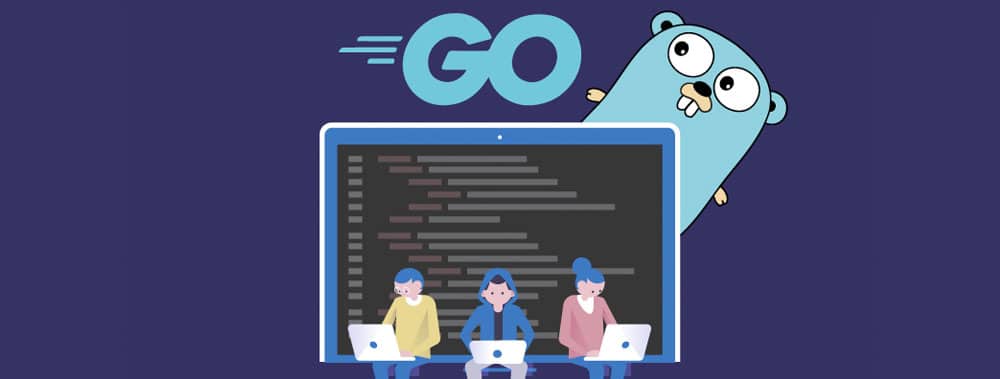

- #Golang http client timeout code#
- #Golang http client timeout download#
- #Golang http client timeout free#
When you reply, it will also be translated back to lilicon-trans-text.".replace(/lilicon-trans-text/g, tr_obj.title) These are the top rated real world Golang examples of /miekg/ extracted from open source. Tr_text = "This post originally written in lilicon-trans-text has been computer translated for you. Golang Client.Timeout - 2 examples found. Script.src = "" + data_account + "/" + data_palyer + "_default/" Var script = document.createElement('script')

I think the file is kept in memory for the text/csv case, which will limit the maximum size for other types, the file may be saved to a temp file (the excel opener might need to work from a disk file, for example).Ĭlose( dt2, "nosave" data = div.getElementsB圜lassName("video-js") Show( N Rows( dt1 ), N Cols( dt1 ), N Rows( dt2 ), N Cols( dt2 ) ) Ĭlose( dt2, "nosave" pretty sure JMP only downloads the file once for open("https.", type), even if the file needs to be scanned more than once (when type is "text" for csv files). "text" // here the extension might or might not be CSV, use "text" to make sure "$temp/sample.csv", // extension is saved as CSVĭt1 = Open( filename ) // "text" not needed because extension is CSV
#Golang http client timeout download#
Not sure where the timeout happens, but an alternate approach to downloading could look like this: // here's a way to download a URL to a local file If the CSV file is approaching half your memory size (8GB file size on a 16GB machine.the JMP table will need memory too!) it might be necessary to download it first. So it is possible that downloading csv to a disk file might be slower (probably not by a noticeable amount though). If the operation is not finished in the given time limit, a timeout occurs and the operation is canceled.

I think the file is kept in memory for the text/csv case, which will limit the maximum size for other types, the file may be saved to a temp file (the excel opener might need to work from a disk file, for example). A timeout is a time limit in which an operation must be completed. Javascript’s XMLHttpRequest is THE web API to retrieve data from a server asynchronously.I'm pretty sure JMP only downloads the file once for open("https.", type), even if the file needs to be scanned more than once (when type is "text" for csv files). Hi all, I am attempting to write a test for http client timeout behaviour. Let’s take a look at some concrete examples. If you remember one thing from this post, then let it be this: never use “infinity” as a default timeout. When the default timeout is infinity, it’s all too easy for a client to shoot itself in the foot. If the network is not reliable, why do we keep creating APIs that have infinity as the default timeout? Some APIs don’t even have a way to set a timeout in the first place! A good API should be easy to use the right way and hard to use the wrong way.
#Golang http client timeout free#
When that happens, your application is going to get stuck waiting for a connection to free up. Like any other resource leak, it’s only a matter of time until there are no sockets left. Any HTTP client library worth its salt uses socket pools to avoid recreating connections. Sure, you are not hogging threads, but you are leaking sockets. Asynchronous network calls that don’t return are not free either. If you are a making synchronous network call that never returns, then to very least your thread hogs forever.

#Golang http client timeout code#
When you make a network call without setting a timeout, you are telling your code that you are 100% confident that the call is going to succeed. One of the main reasons for it is the assumption that the network is reliable. Modern applications don’t crash they hang.


 0 kommentar(er)
0 kommentar(er)
